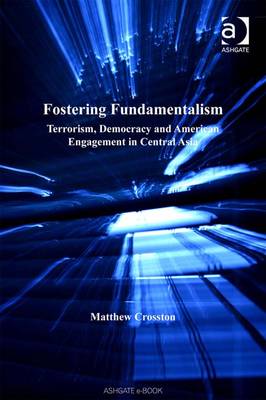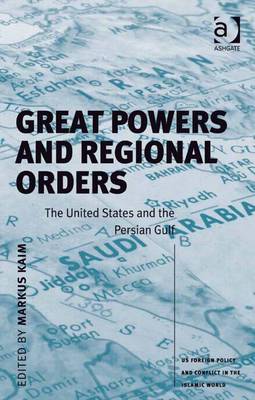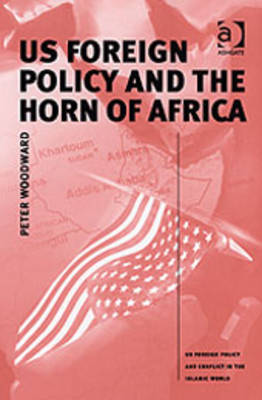US Foreign Policy and Conflict in the Islamic World
3 total works
Is the United States, in its fight against terror and pursuit of Osama Bin Laden, recklessly creating conditions in Central Asia to produce the next Bin Laden? Matthew Crosston studies this controversial argument in his political analysis of US foreign policy on Central Asia. He looks specifically at the 'no-man's land nexus' connecting Tajikistan, Uzbekistan and Kyrgyzstan and the heart of Central Asian Islamic radicalism - the Fergana Valley.
This book breaks new ground by examining in unflinching detail the unwitting role US foreign policy plays in fomenting that 'hot zone' and extremism, producing a new generation of Islamic radicals. University courses that deal with US foreign policy, international security, terrorism and/or Eurasian politics will want to make this book required reading.
Great Powers and Regional Orders
Great Powers and Regional Orders explores the manifestations of US power in the Persian Gulf and the limits of American influence. Significantly, this volume explores both the impact of US domestic politics and the role played by the region itself in terms of regional policy, order and stability. Well organized and logically structured, Markus Kaim and contributors have produced a new and unique contribution to the field that is applicable not only to US policy in the Persian Gulf but also to many other regional contexts. This will interest anyone working or researching within foreign policy, US and Middle Eastern politics.
Examining US involvement in the Horn of Africa, this volume addresses the relationship between the US and the Islamic movement in this region. Peter Woodward explores the interests of the United States in the region through two cases: Sudan and Somalia. He also discusses the effects of the Eritrean-Ethiopian war on US policy and posture in the region, along with the effects of other regional wars.
The book looks at the relationship between US perceptions of Islamism and brings a unique perspective to the ongoing debate over US policy in the Islamic world. It will be of interest to those working in or researching foreign policy, as well as peace, security and conflict issues.


